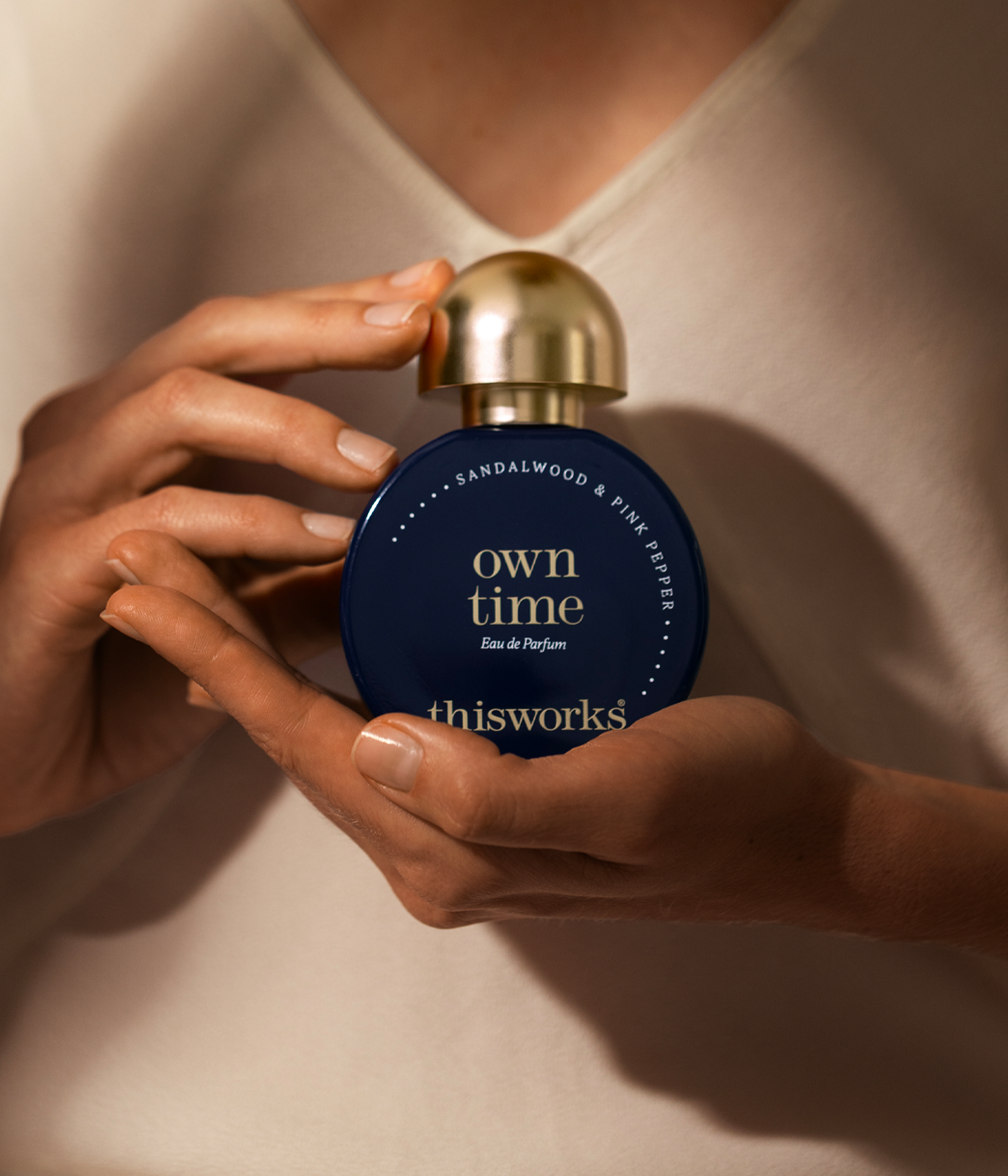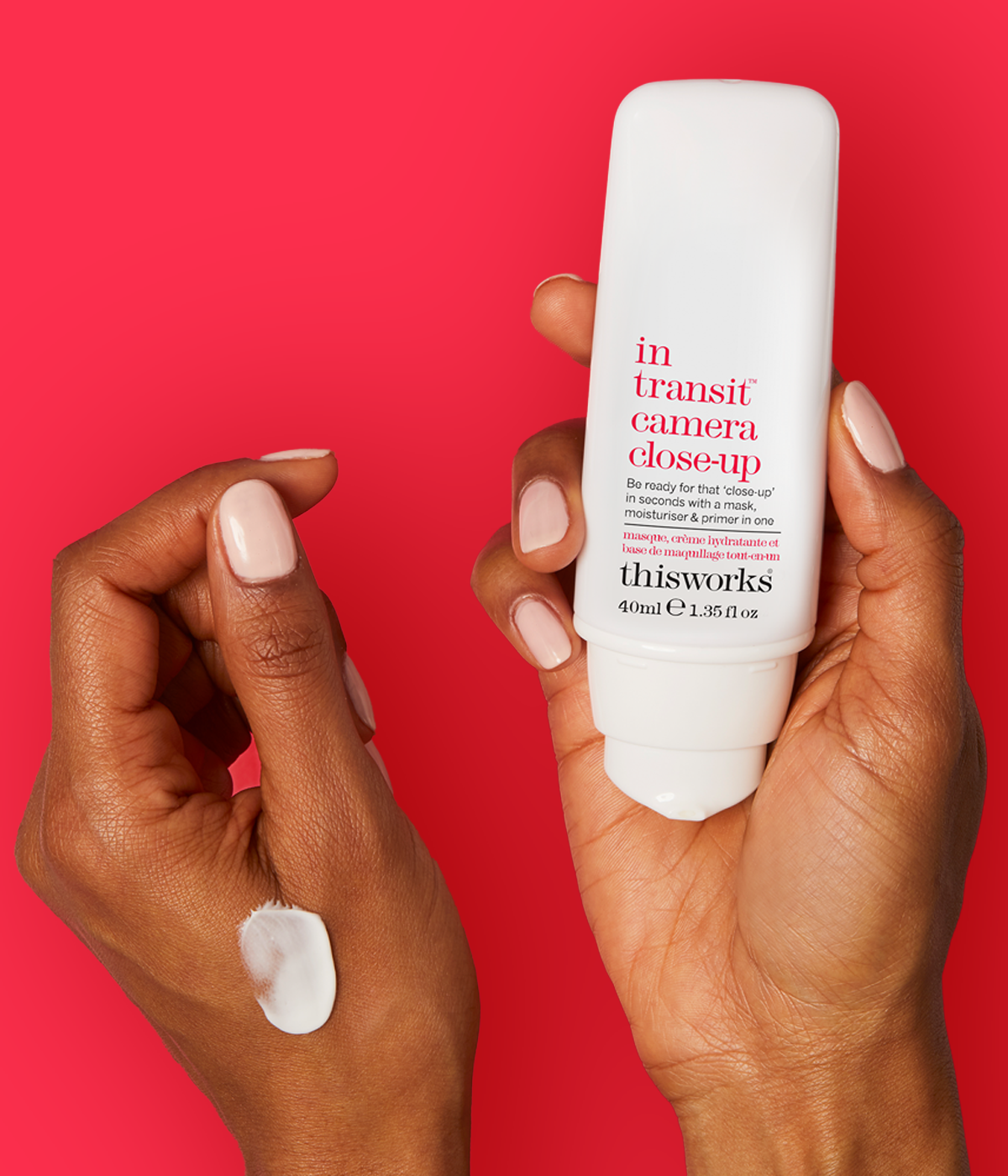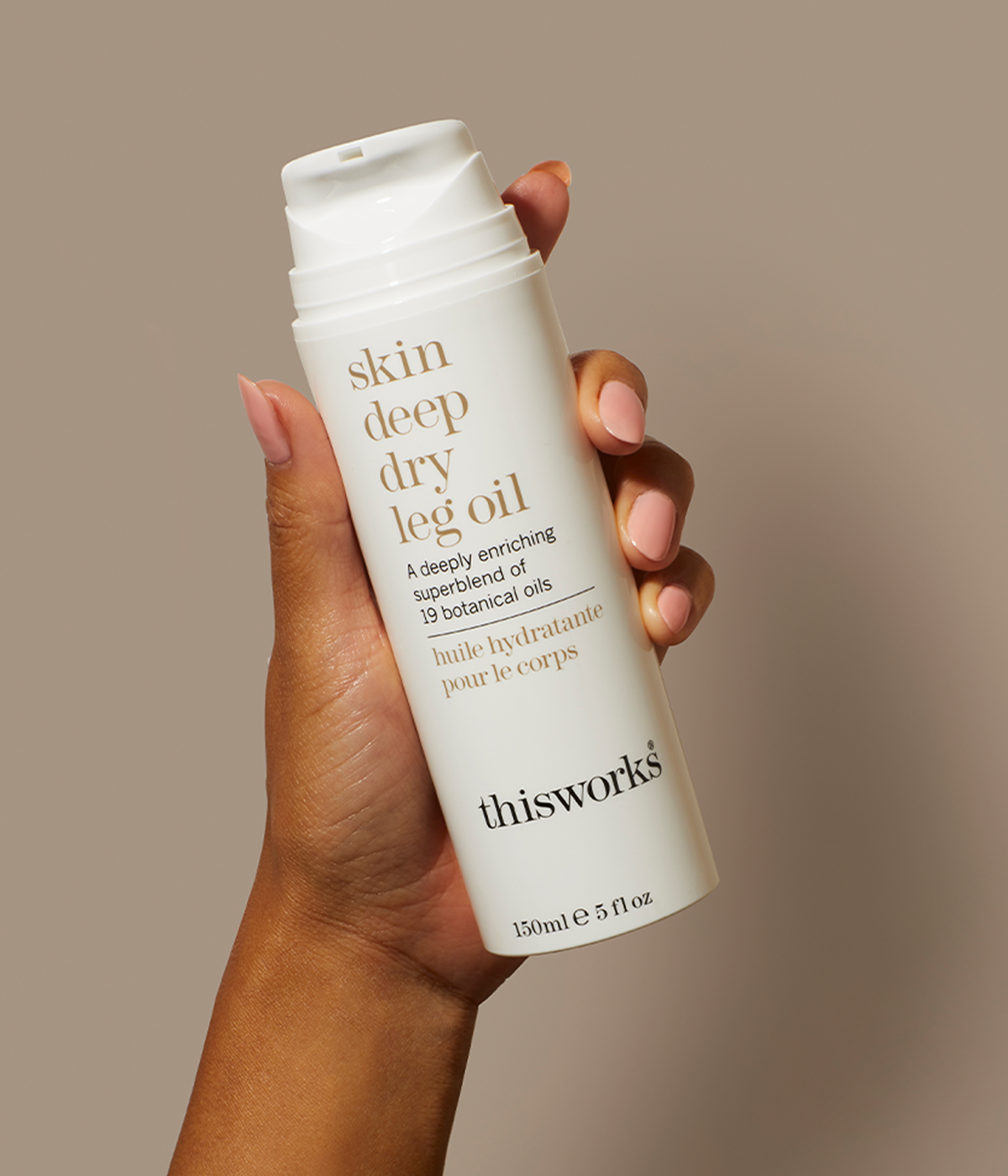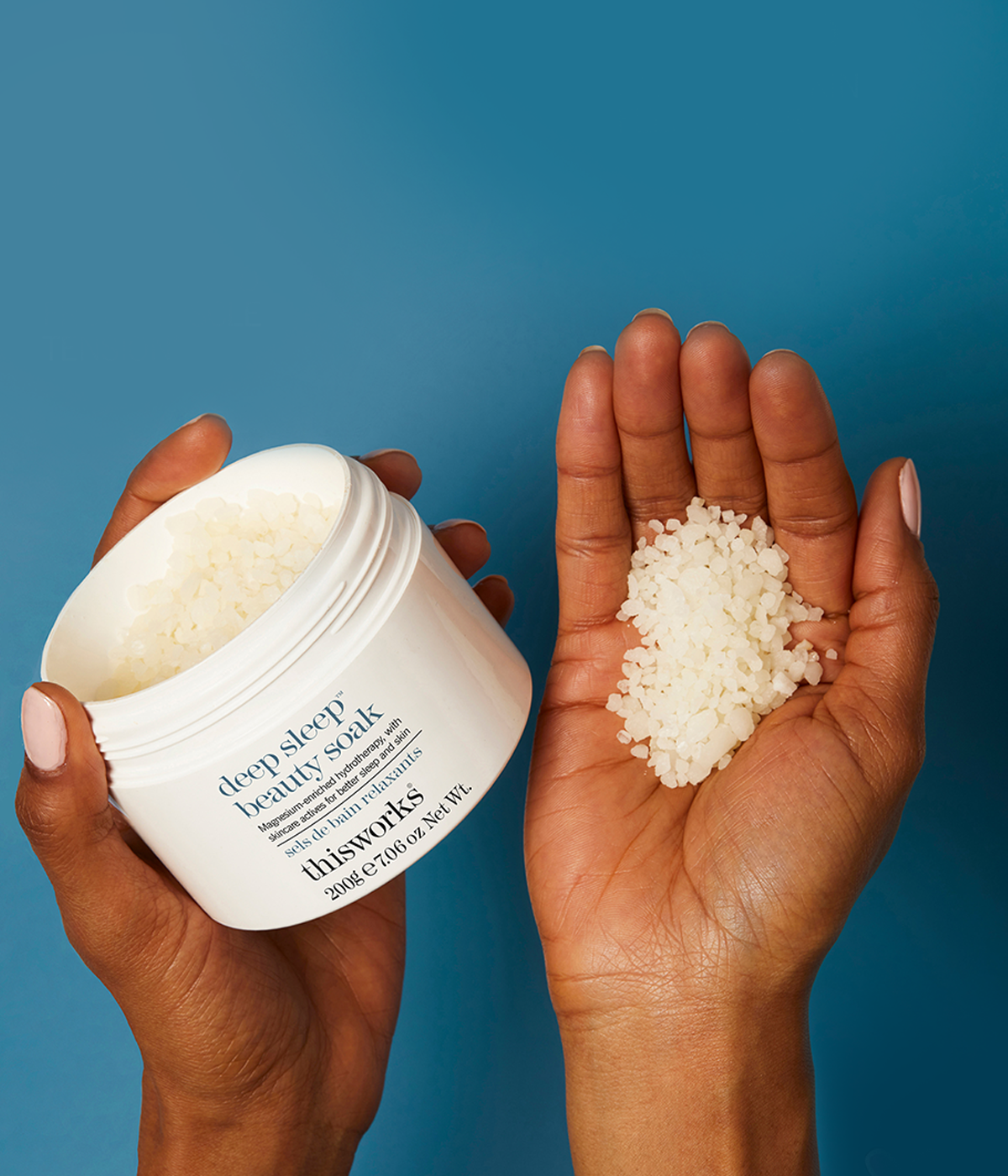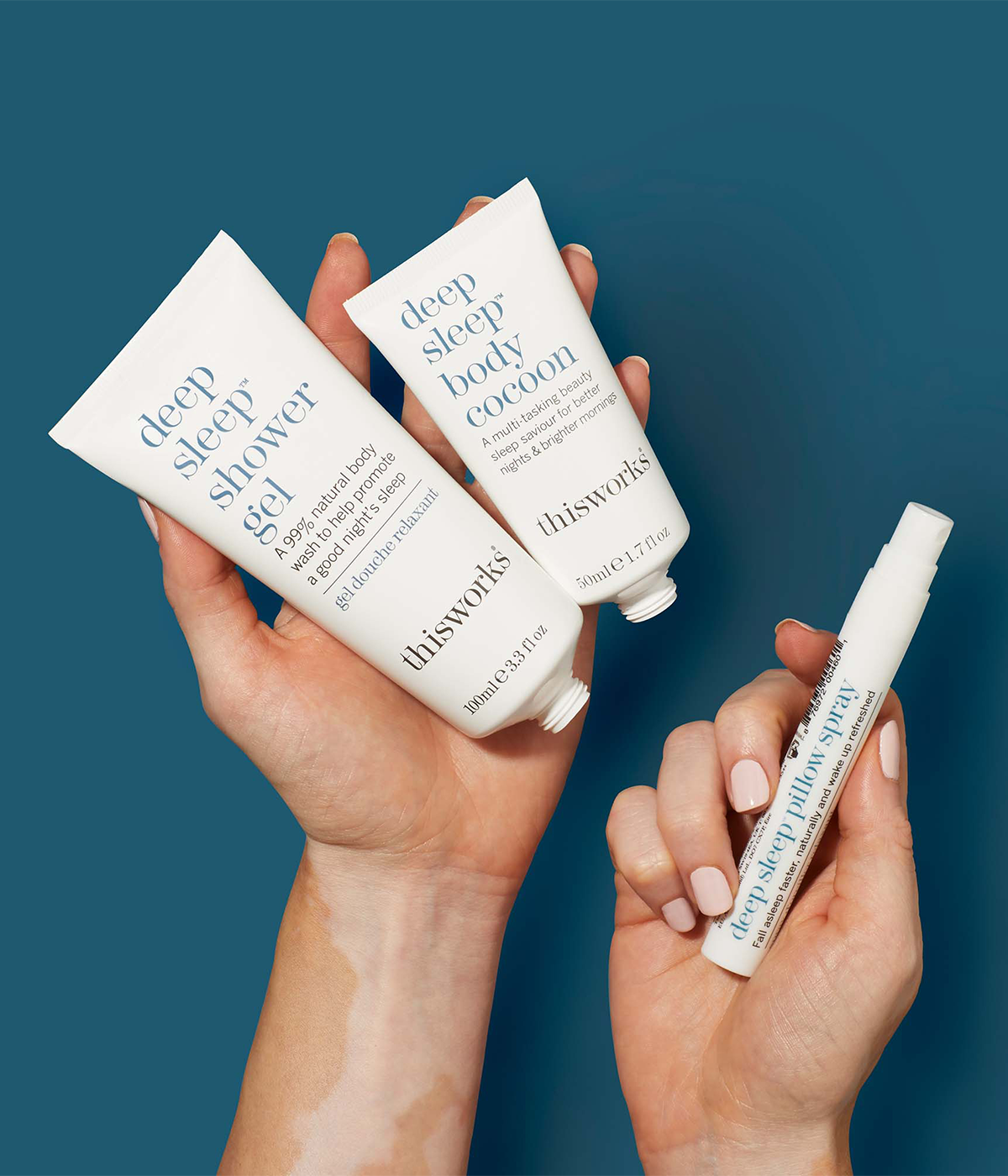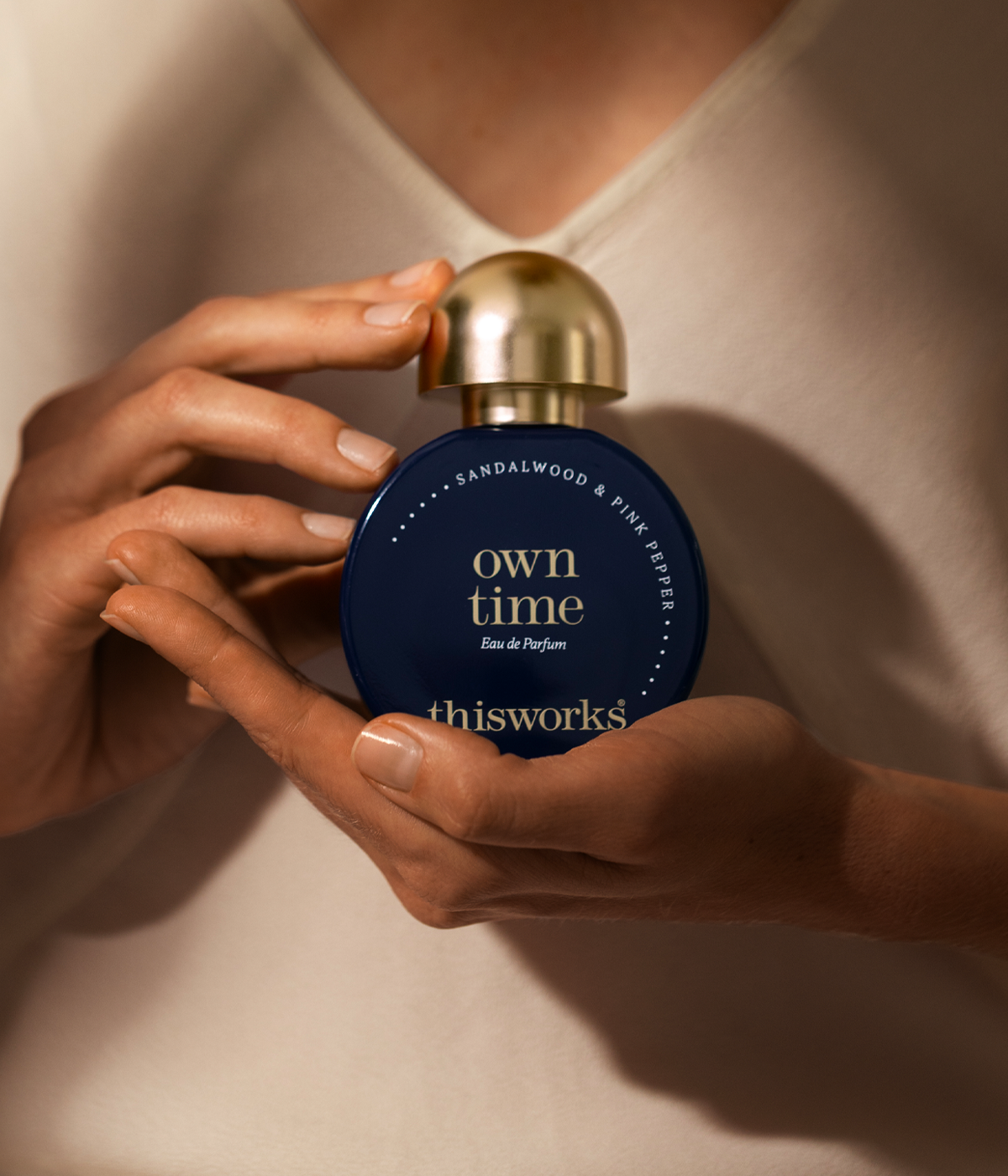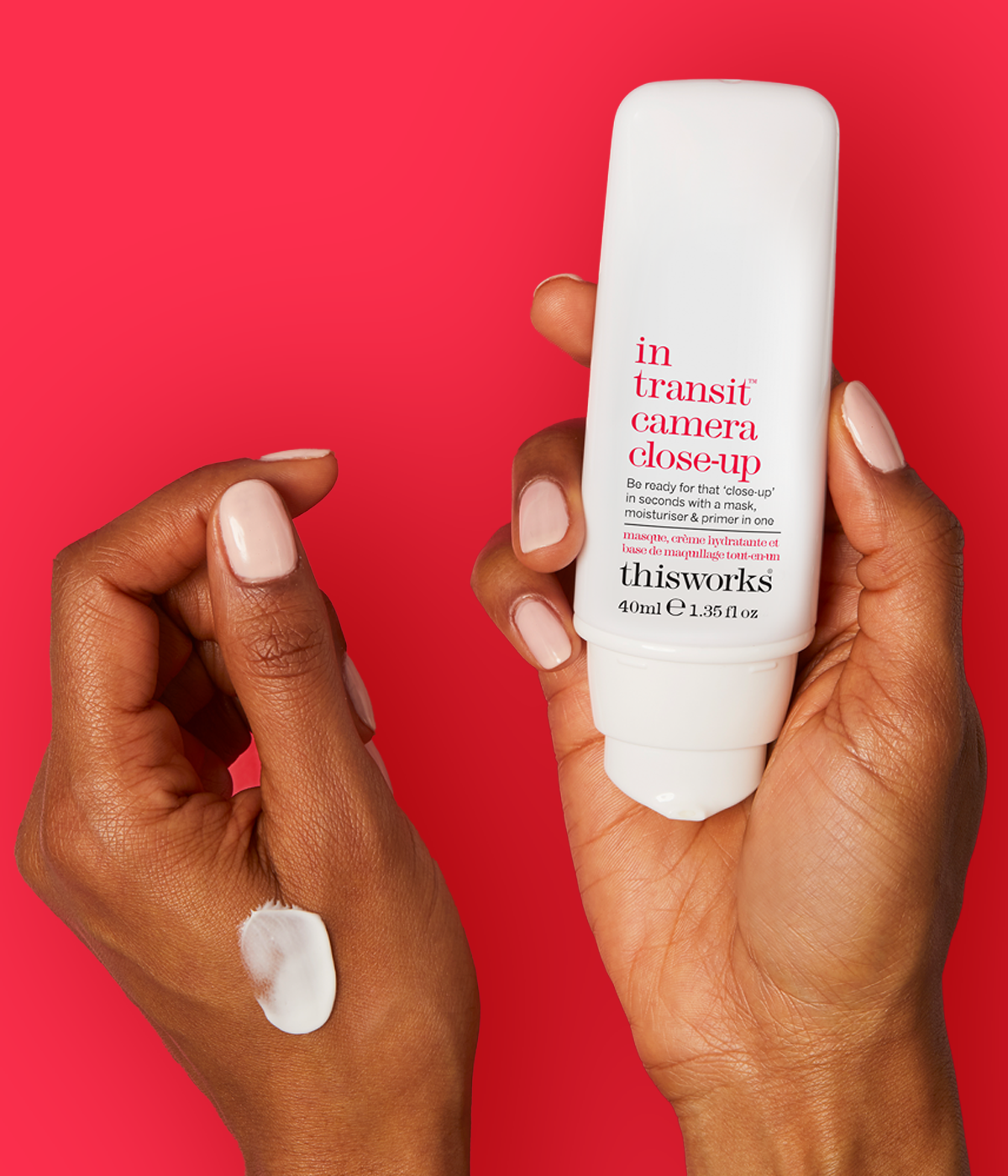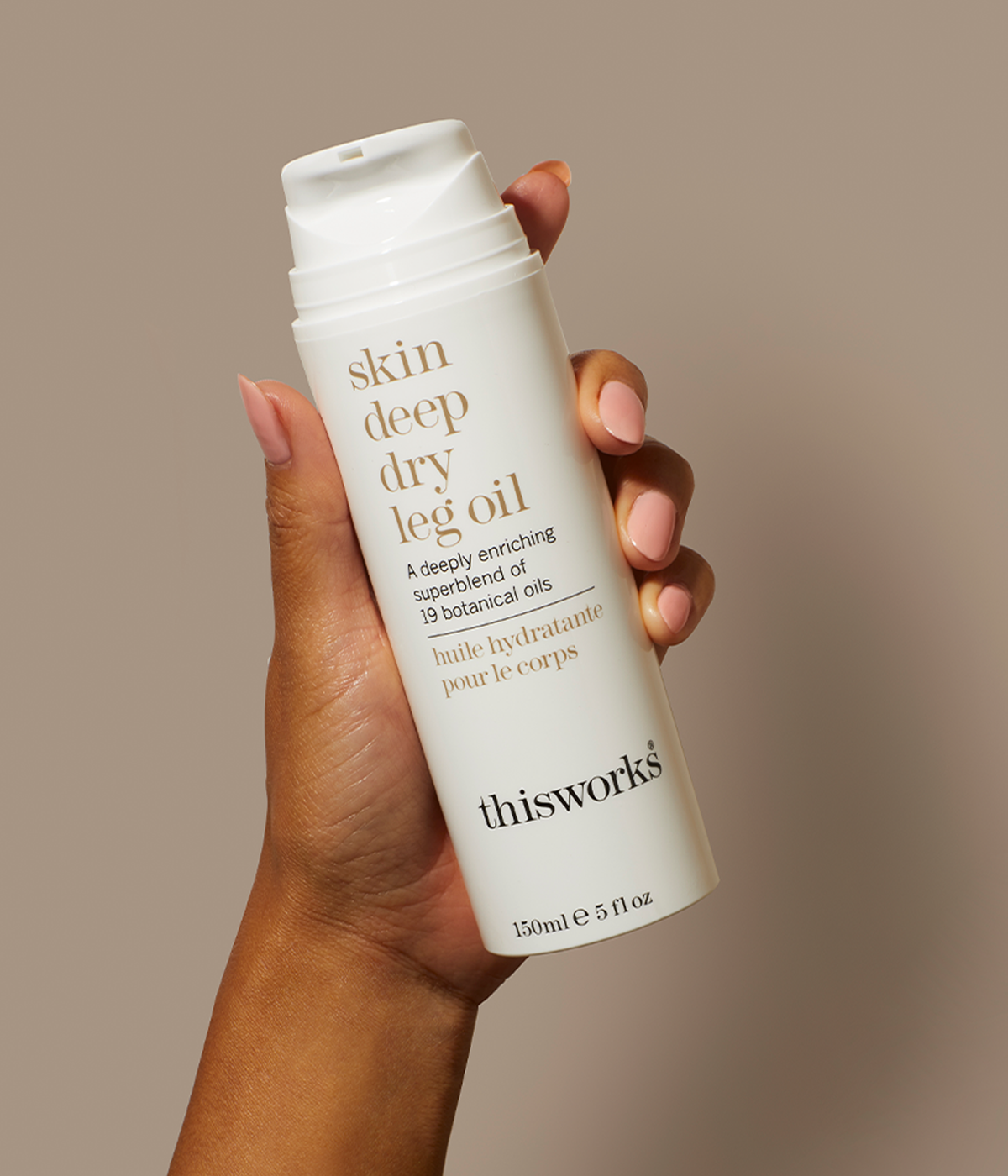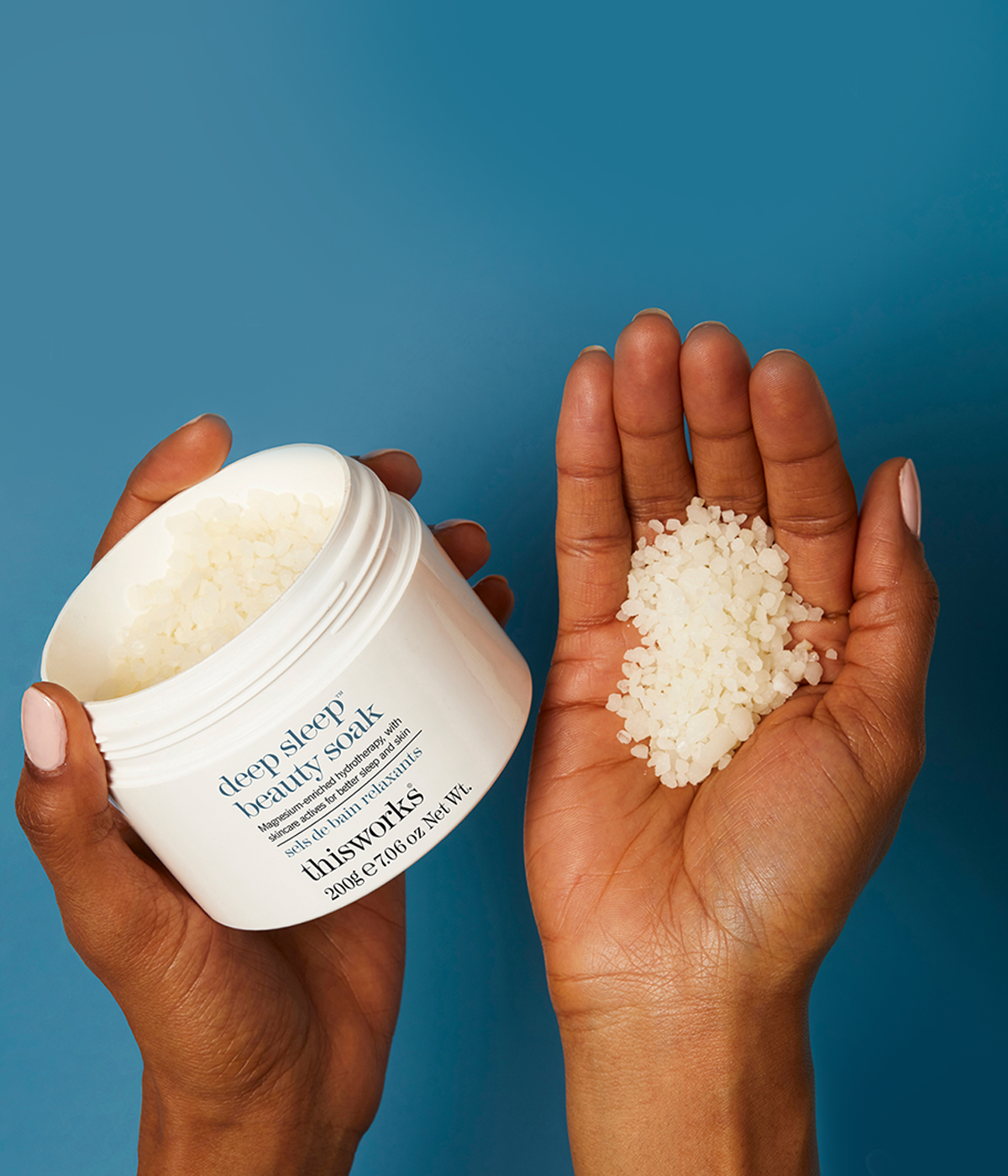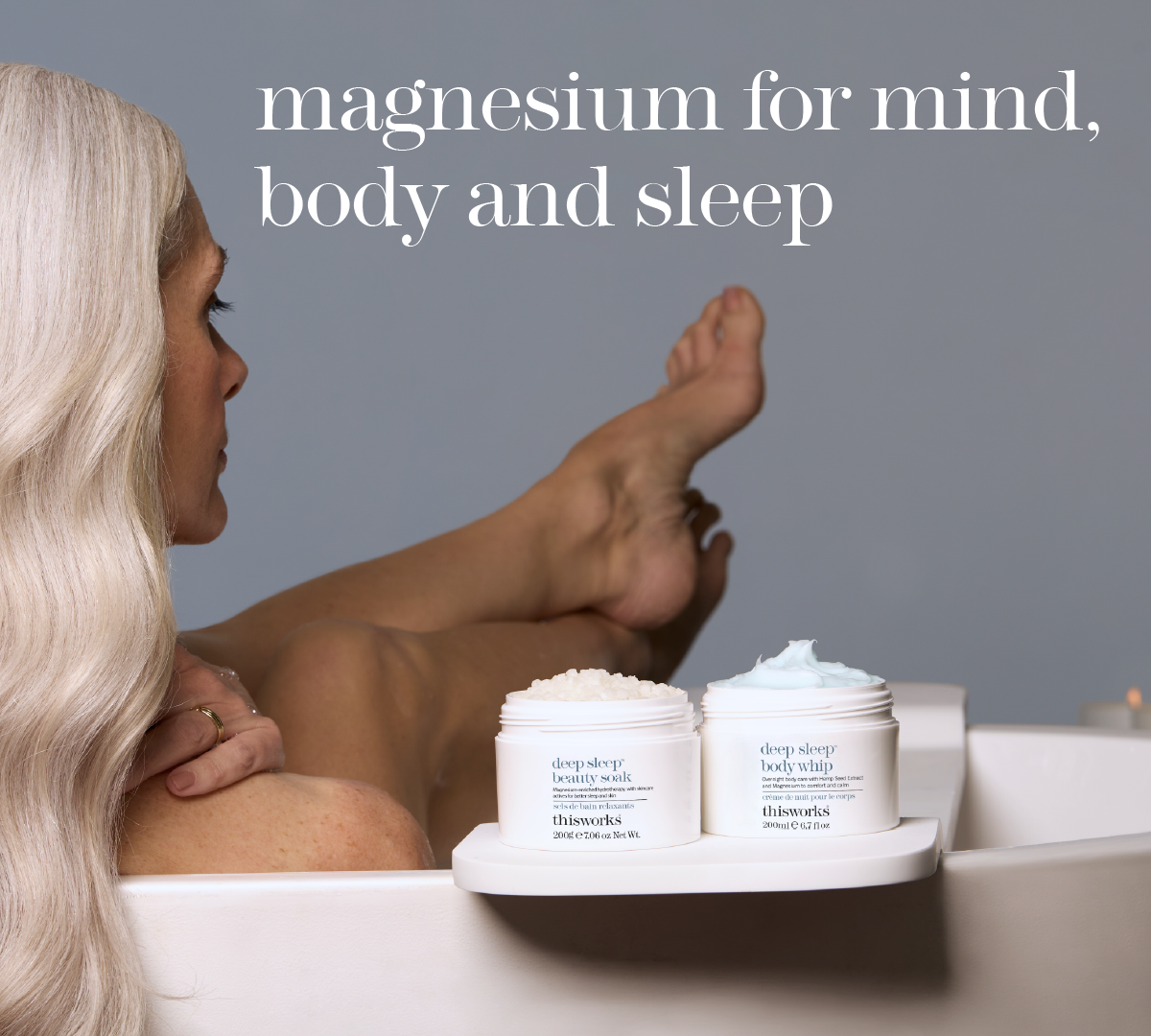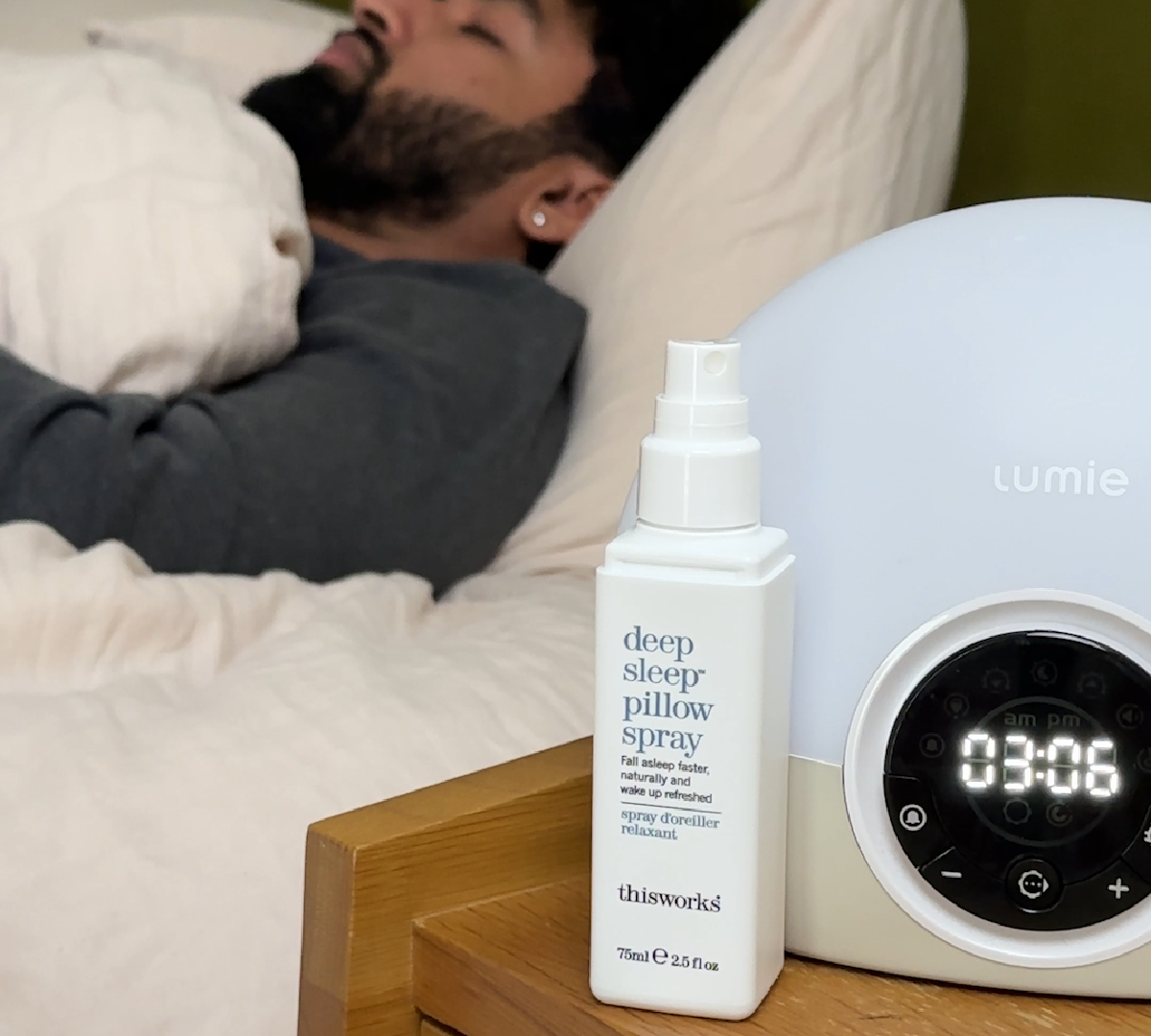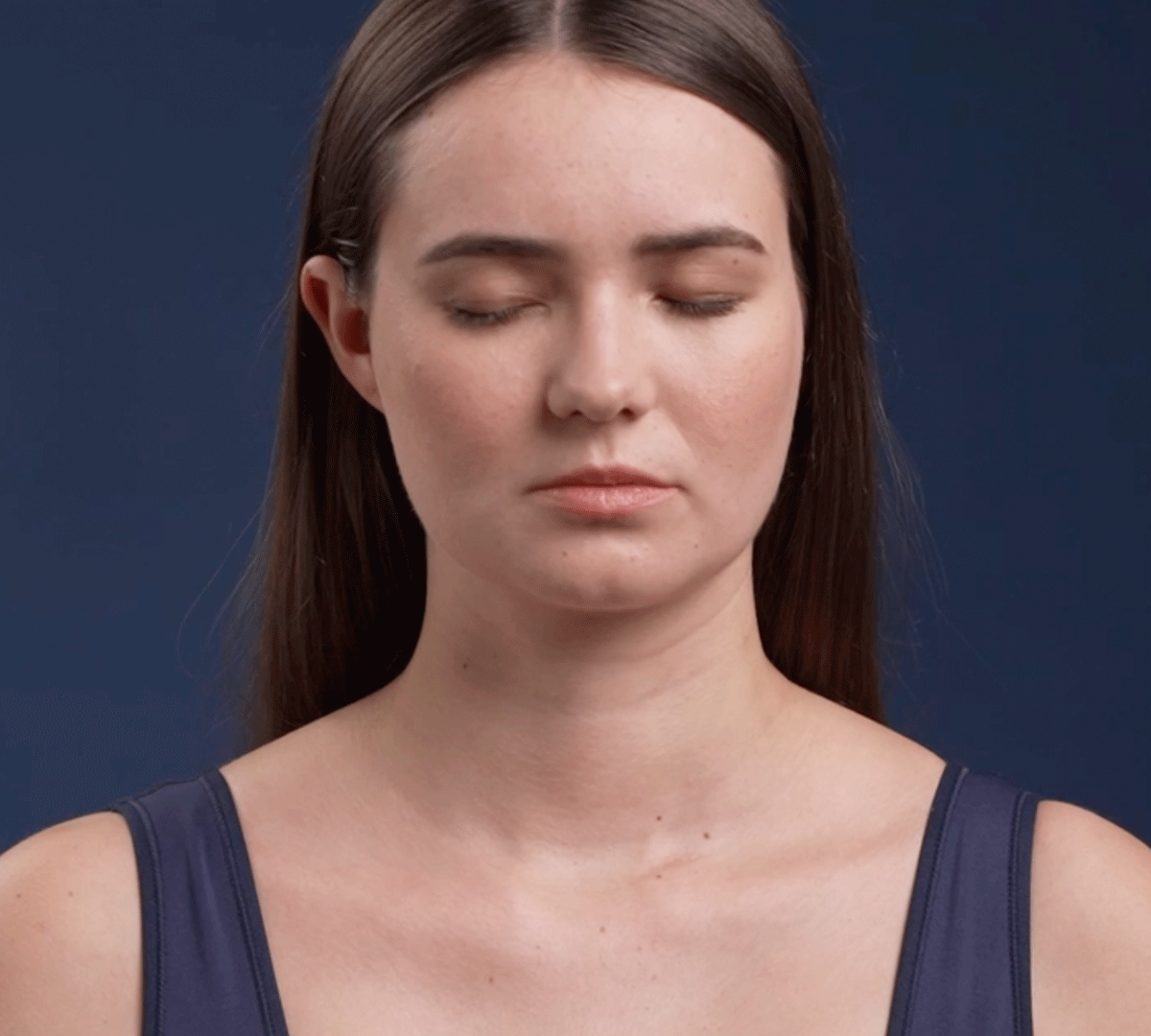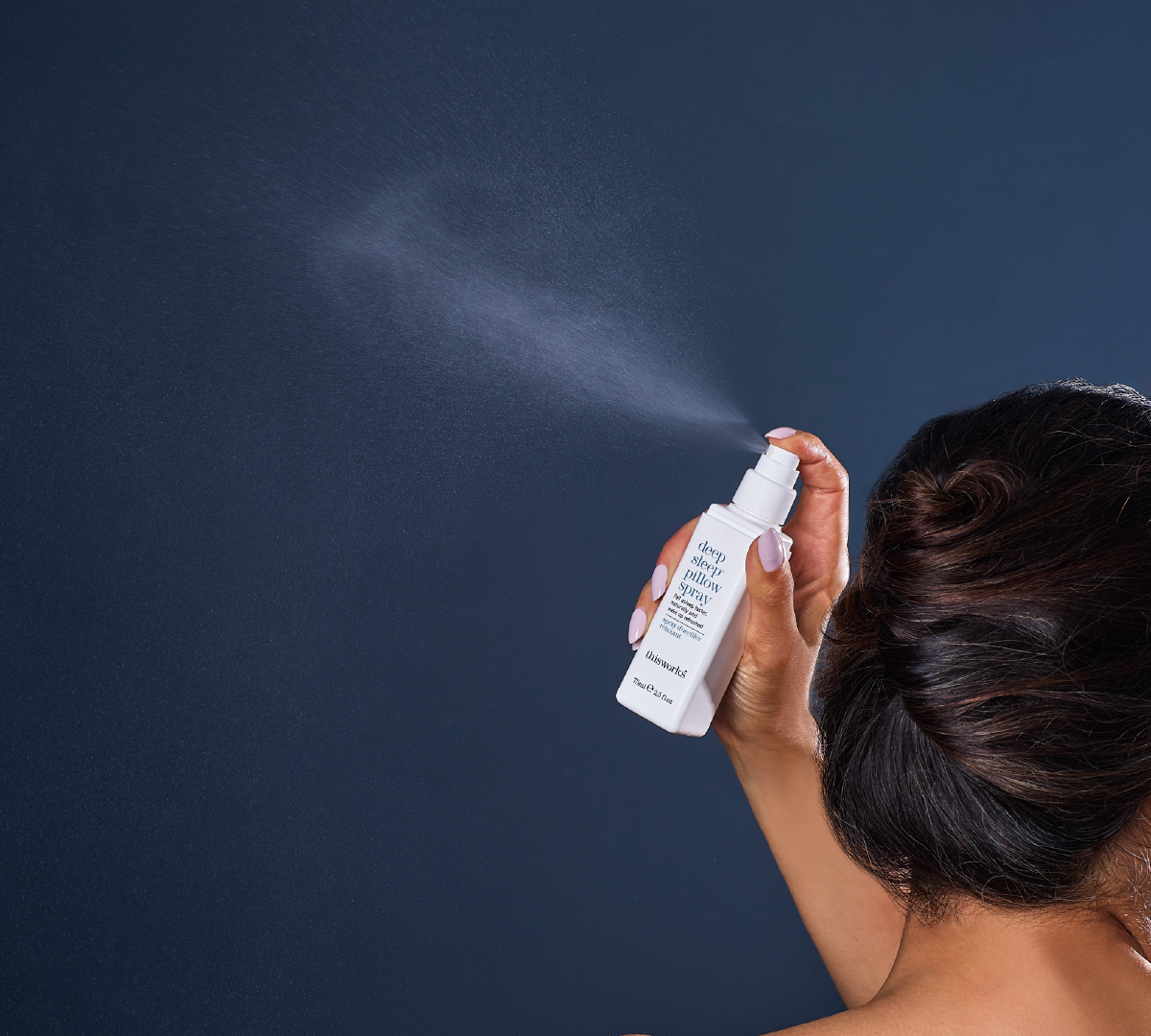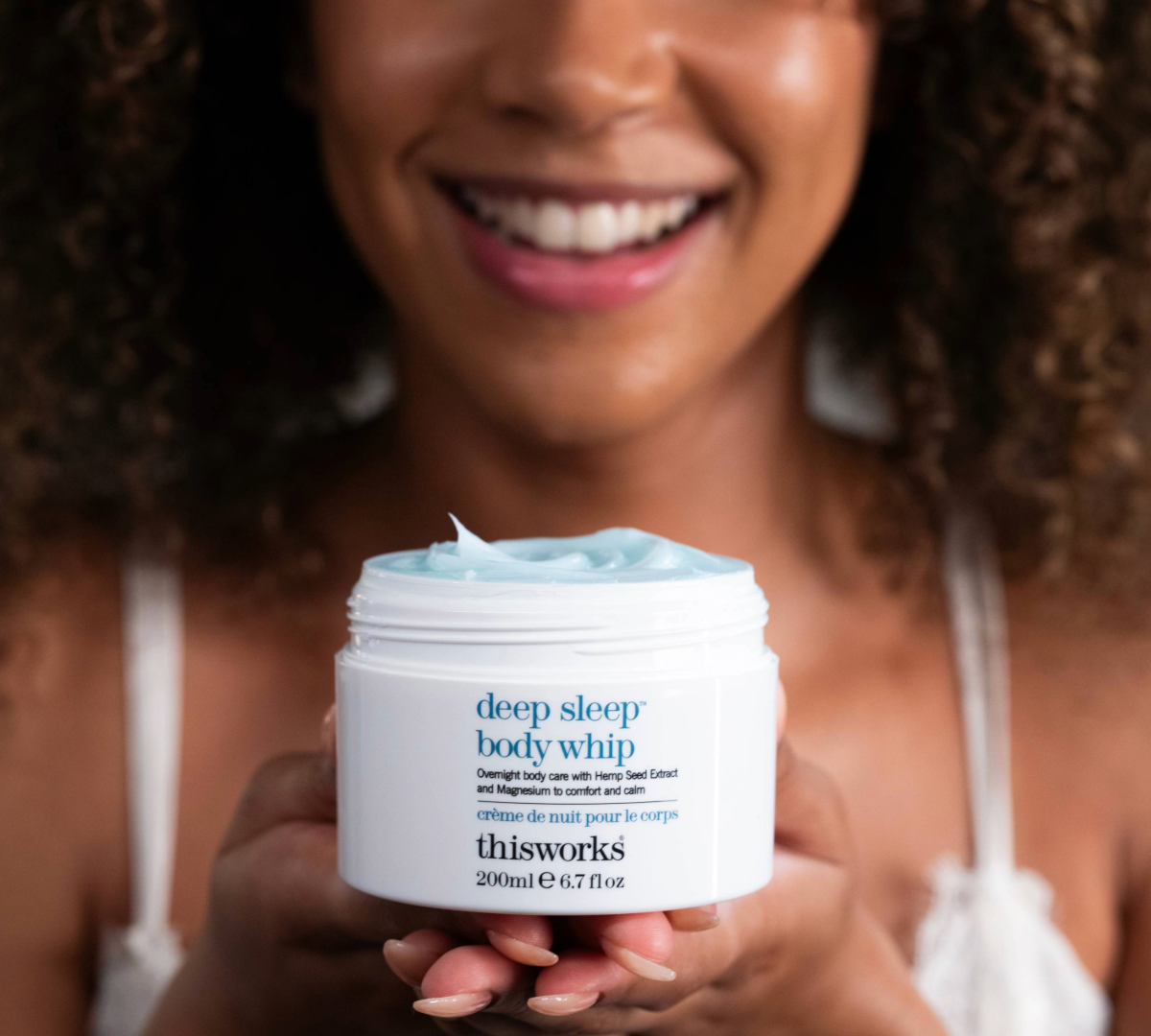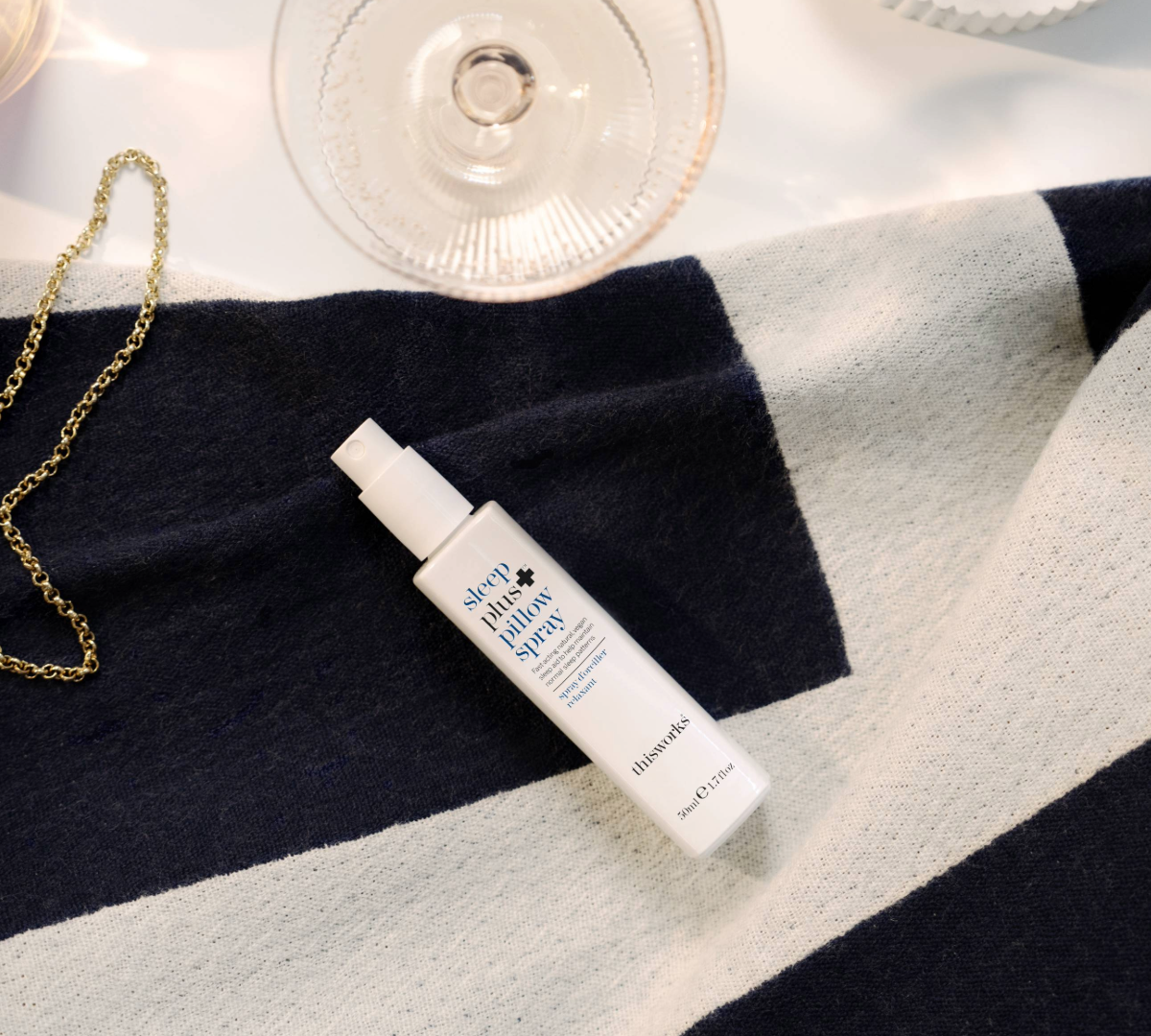understanding your circadian rhythm
This clock is responsible for setting the programme for all of our bodily functions (temperature, hormone release, metabolism, sleeping and cognitive function) to be more efficient at certain times of the day.
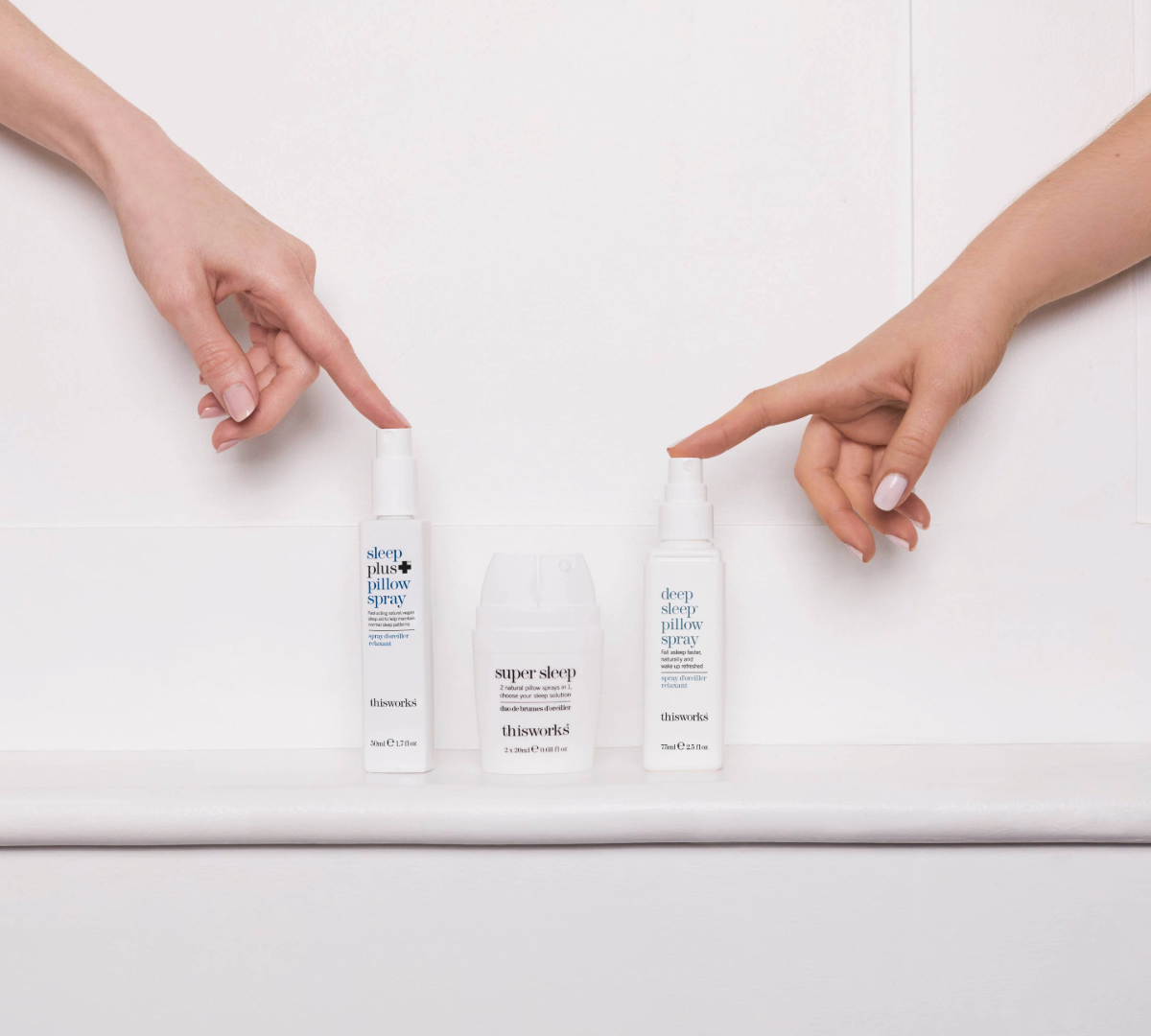
This clock is responsible for setting the programme for all of our bodily functions (temperature, hormone release, metabolism, sleeping and cognitive function) to be more efficient at certain times of the day. To ensure that our skincare and wellness solutions are delivering exactly what your skin needs - at exactly the time it needs it - we have spent a great deal of time working with experts in the field of circadian rhythm to understand its implications across a 24hr period.
what does the circadian rhythm control?
Behavioral manifestations such as the sleep-wake cycles are also controlled by the clock - and it is important to note that, unlike normal clocks, our biological clocks are not synchronized and do not keep the same pace.
Late at night and early in the morning, while we sleep, the epidermal (or skin) stem cell creates new cells, replacing the aged ones. This happens when the body is supposed to be at rest and not disturbed - hence the importance of keeping a sleep-wake schedule.
The skin barrier is the first line of defence for the body against microorganisms and environmental factors. Throughout the day, the skin cells operate different activities to protect and defend the body - hence why the skin is more sensitive at certain times.
Skin hydration is necessary to maintain a protective barrier against infection and dehydration. The water content of the skin has a daily rhythm, with minimum loss (through the pores of the skin) in the morning and an increased water loss during the night.
So, whether you have a new health goal, are working towards a promotion at work or simply want to be the best version of yourself - we are here to help you with the first step, a great night's sleep. Find a natural sleep solution that really works, and discover the power to drift off naturally...
The skin has glands that produce sebum, which waterproofs and lubricates the skin and hair. Sebum excretion peaks around midday, with the lowest levels in the late evening and the morning.
Skin cells also have their own clocks, which can function autonomously. Many external environments may also reset these clocks (pollutants, temperature, humidity, ultraviolet radiation…).
NIGHT 11PM - 6AM
- Repair mode is activated
- Skin’s dehydration levels peak (Due to trans-epidermal water loss)
- Production of Melatonin (the sleep hormone) is at its highest
- Anti-inflammatory and anti-stress hormones are released
WAKE-UP 6AM - 9AM
- Skin is dehydrated due to trans-epidermal water loss
- Dehydration may impair skin barrier function
- DNA repair is less active
- Skin is more susceptible to UV damage
DAYTIME 9AM - 6PM
- Hydration levels start to increase
- Sebum production peaks in the afternoon
- DNA repair begins to take place
- Skin requires support
EVENING 6PM - 11PM
- Skin prepares for its night-repair mode
- Skin is most receptive to topical treatments
- DNA repair is boosted (skin is most receptive to treatments now)
- Melatonin begins to rise
